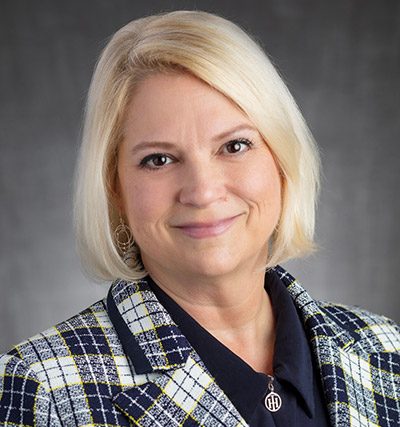Students have said one of the most confusing aspects of voting is the Electoral College. NE history and government instructors broke it down at an Electoral College presentation on Oct. 7.
Every four years, a group of electors equal to the number of representatives in Congress is the Electoral College.
“The [Founding Fathers] didn’t want a powerful single figure to act as a king,” NE Campus U.S. history instructor Derrick Shelton said. “They were afraid of mob rule or unrestrained majoritarianism.”
The Founding Fathers thought the Electoral College would be the answer to the popular vote, preserving each state’s rights and allowing the executive branch to be independent.
Each state elects the president, including the District of Columbia’s three electors. There are 538 electors. To win, a candidate must secure 270 electoral votes.
Electors are chosen in a two-part process. First, each political party in a state chooses a slate of possible electors before the general election. Second, during the general election, each state’s voters select their electors by casting their ballots.
The 14th Amendment states that electors can’t be anyone who has “engaged insurrection or rebellion against the United States or given aid or comfort to its enemies.”
NE student Keeton Charbonneau said it’s essential for everyone to vocalize their beliefs and be well-informed on both sides of the political aisle.
“Whether you’re Democrat or Republican, it doesn’t matter much,” Charbonneau said. “We’re all human beings. We’re all Americans, and our votes matter because it determines just the outcomes of our livelihood in America.”
So, what happens when an elector doesn’t give the popular vote of their state? This is called a faithless elector because they voted against their candidate.
“This has happened a few times in history, Shelton said. “2016 was the most recent time it’s happened. But having a faithless elector has never changed the outcome of any election.”
The census directly impacts the number of electors, and the 2020 census resulted in a gain or loss of electoral votes for 13 states.
Texas gained two votes. Colorado, Florida, Montana, North Carolina, and Oregon gained one. California, Illinois, Michigan, New York, Ohio, Pennsylvania, and West Virginia lost one.
NE Texas government instructor Adam Ramsey said he looks at this election in a best-case, worst-case scenario.
“We’re going to elect a president and move on with our lives,” Ramsey said. “I’m afraid there is a scenario where it’s not going to be quite that nice.”
Ramsey compared both the 2016 election and the 2020 election, particularly how they differed in electoral college margin. Hillary Clinton won the popular vote and lost the electoral college by a wide margin while Donald Trump lost both the popular and electoral votes in 2020.
“The unusual thing in this election on President Trump’s side of things is he was the first candidate in U.S. presidential history not to concede defeat,” Ramsey said. “Not to accept the loss in terms of the Electoral College or the popular vote, he alleged there was widespread fraud, voting irregularities, and that he had actually won this election.”
Charbonneau is concerned about voter security and said he feels encouraged by Senate Bill 1, which tightens state election laws by criminalizing ballot harvesting, doing audits every two years, and requiring ID for mail-in ballots along with other measures.
“In 2020, we had scares and all that stuff … saying the election was a fraud or it was perfectly fine,” Charbonneau said. “So, as long as you know, we can actually take steps forward and protect our fellow brothers and sisters, I think that that is really encouraging.”
Due to the red states having more electors’ Republicans can win the popular vote without a majority vote. If the Democrats want to win the Electoral College, they must win the popular vote by 4 or 5%.
Historically, seven states have determined who will win the presidential election: Arizona, Georgia, Michigan, Nevada, North Carolina, Pennsylvania and Wisconsin.
“Michigan, Wisconsin, Pennsylvania. That’s going to decide the presidency right there, Ramsey said. “If the Democrats can hold on to those three states, they will win the presidency. The Republicans, to win the presidency, have to knock off one of those three.”


























